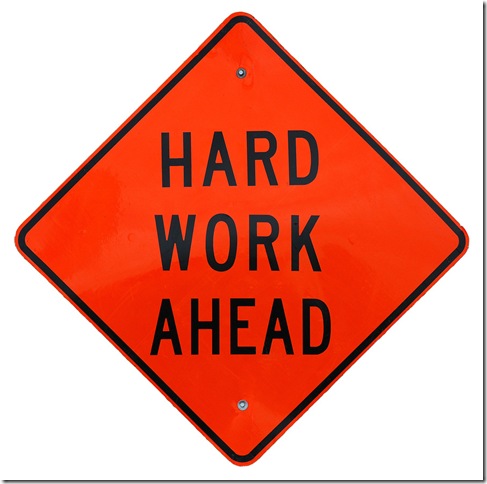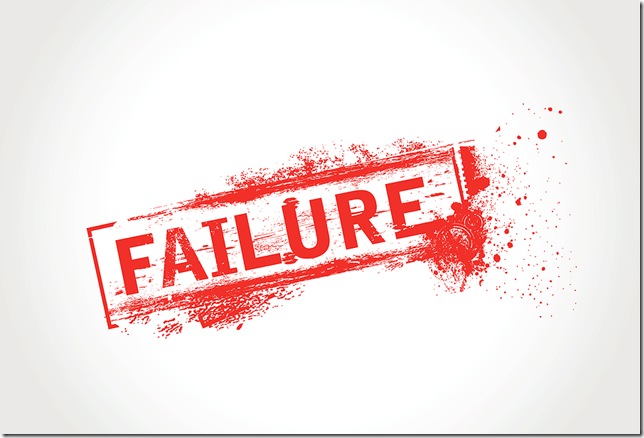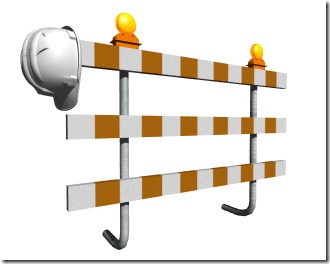What Recruiters Look For When They Interview You
People are surprised (even some recruiters) when I tell them that I have had over 10,000 interviews in my life. I don’t understand why, since I’ve been a recruiter for the last 30+ years and that is what I do. Recruiters meet and interview people. Just about every candidate I meet is an interview from my perspective. The candidate may think it is just a networking meeting to get to know each other, but not to me. I’m always thinking, would I represent this candidate, what would a company think when they meet this person, would I be comfortable referring this candidate or would a company screen them right out for a variety of reasons?
I typically meet every candidate I represent on a retained search. I know many recruiters don’t do this, but I always have. I can’t imagine asking a client to meet a person I have not met first. For me that is just too risky. Heck, I have been burned even after I have met them, liked them, and believed they were highly qualified, only to have the client call me back and ask me why I wasted their time with this candidate. It is what I refer to as the, Dr. Jekyll and Mr. Hyde syndrome.
Our interview is a dress rehearsal of how you will interview when you meet my client. Every meeting, regardless of how informal it might appear, is an interview and candidates should treat them as such. There are rarely do overs.
The following are just a few of the basics that I’m observing when I meet a candidate. If you don’t pass these, then we will have a nice meeting, but I’m moving on. As I have stated many times in previous articles, that doesn’t mean you are not a qualified person. It just means that I believe I can find a better candidate for my client, who is evaluating me and the candidate during the interview.
1. Presence is important. Since most of my recruiting is at the senior level, I want a person that has a strong presence. This is someone who will have the respect of the people working for them, their boss, and their boss’s boss. It may start with the introduction and continue on throughout the interview.
2. Arrogance. Again, since most of my recruiting is at the senior level I meet a lot of very arrogant executives. For some reason many feel they are above the process. Their attitude is that my resume speaks for itself and I shouldn’t have to answer your questions. That’s not good if you want to meet my client.
3. Communication. Do they listen to the question and actually answer the question “I” ask, and not the one they want to answer? This is not a political interview on Fox or CNN. I’m not the pundit that asks a question to have the politician not answer the question, but give a robot reply with some canned predetermined answer. Or worse, they just don’t know what to say so they say everything. I envision what my client will say to me if they answer their questions the same way. There is nothing worse than spending an hour with someone and still wondering exactly what they do.
4. Succinct. This is closely related to #3 above. Does the candidate get to the point and hit the high points? It is the old story, if I ask for the time, I don’t want to know how to build the watch. Most executives need to know how to condense a lot of information into a short period of time. They need to do this in executive sessions, board meetings, management letters, reports, and so on. Many executives, especially entrepreneurs, have the attention span of an ant and don’t want to be buried in detail.
5. Attitude. Is the candidate friendly, affable, easy to speak to, able to carry on some small talk, and will the client be able to relate to their personality? This is a tough one. What works for one client may not work for another. It is a tough call, but one all recruiters have to make. So for me it is about whether or not I am seeing the real person in front of me or if this person is putting on a show for me. Hard to determine, but that is why we get the big bucks as the saying goes.
6. First impression. Since the first impression often drives the interview, and often sets the tone for the interview, this is very important. A strong, friendly welcome is important. Does the candidate make me (and therefore my client) feel comfortable from the start? This ability to relax right from the start is important.
7. Control. An interview is often about control. Good or bad, right or wrong, that is the reality. Who is in control during the interview? The hiring manager or the candidate? Top candidates know how to be in control, and gather the information they need, without appearing to be in control.
8. Initiative/Leadership. Again, most of the people I meet are managers so leadership and initiative are critical. My clients want these behavioral skills.
9. So I don’t receive a lot of comments, yes I care about qualifications, ability to do the job, accomplishments, etc. That is a given.
These 9 things are some of what separate or differentiate the candidates that I meet (interview). They are some of the traits that I know are going to make my client a raving fan and retain me for future searches.
To download the free chapter on Conducting an Effective Phone Interview from our book “This Is NOT The Position I Accepted” CLICK HERE and then click on the Free Search Resources link.
If you would like to know if your job search is fully utilized and you are doing the right things, download our free 8 Matrix Job Search Self- Assessment Scorecard. CLICK HERE and then click on the Free Search Resource link.
If you liked this article, please send it to others so they will benefit too. Post it to your Facebook page, Tweet it, or submit it to your LinkedIn groups.
I welcome your thoughts and comments.
Brad Remillard









